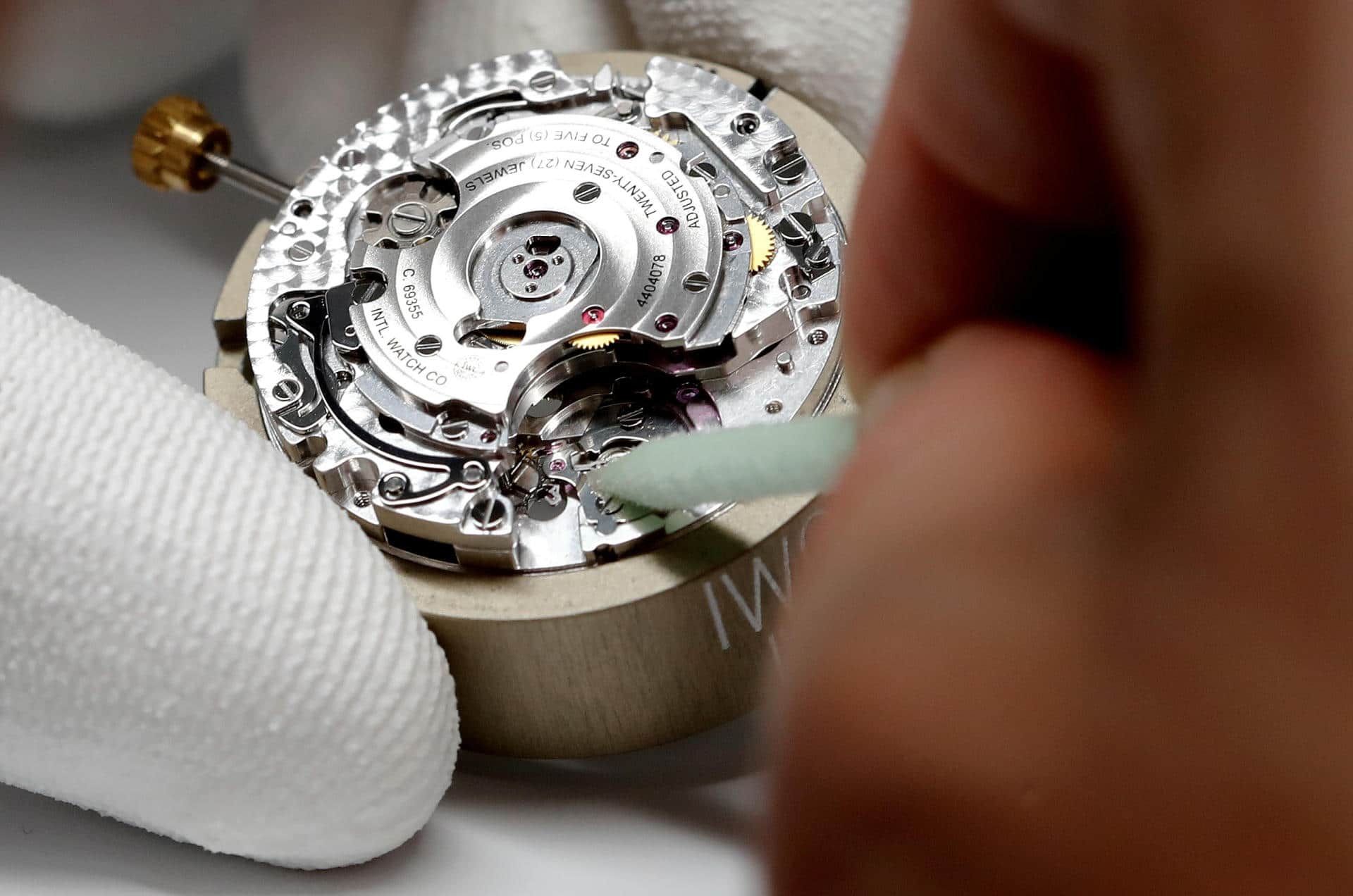[vc_row njt-role-user-roles=”administrator,armember”][vc_column][vc_column_text]
The measure was expected by professionals in the sector. The managers of the hotel sector, cafes and restaurants who have found other work because of the crisis due to the coronavirus will be able to benefit from access to the solidarity fund for their business, said yesterday Sunday, November 29 the Ministry of Economy in a statement detailing new aid granted to the sector.
While the fate of the hotels had not been mentioned by Emmanuel Macron during his speech of November 24, Jean Castex yesterday provided some details about the near future of these hotels. Indeed, the Prime Minister announced that companies “whose activities are directly impacted by the lockdown” and which have not been closed administratively, such as hotels, will be able to benefit from the new version of the solidarity fund. The level of aid will be of “15 to 20%” depending on the losses incurred and only if “the turnover is reduced by at least half” added the head of government.
According to Laurent Duc, for whom the attendance rate at his hotel in Villeurbanne has not exceeded 10% since the start of the pandemic, this aid is “far too meagre” and represents an “incentive to close.” The head of the hotel branch of the Union des métiers et des industries de l’hôtellerie (UMIH) points out that, deserted by customers, “50% of hotels in France have closed their doors on their own initiative.” These figures do not prevent Laurent Duc from hoping that “hotel restaurants will open for their residents.”
A wish that is far from being fulfilled, however, as the reopening of shops on November 28th was not accompanied by the reopening of bars, cafés and restaurants. While the latter will remain closed administratively, the hotels are open. According to Didier Chenet, president of the national group of independent hotels and restaurants (GNI), these establishments are the “collateral victims of the suppression of sport and cultural events, teleworking and the closure of restaurants.”
Although he is satisfied that the situation of establishments that have not been administratively closed has finally been mentioned by the government, Didier Chenet is waiting for “something concrete”. According to the president of the GNI, “There is often a big difference between the announcements and the reality on the ground. All the more since this aid would apply for December only. We would like all the months of closure of our activity to be taken into account.” The vice-president of the GNI’s Paris hotel business insists in this sense that the situation “has been delicate since March”, so “aid in December will not be sufficient.”
A painful reality also underlined by the co-president of the prestige branch of GNI Paris, Emmanuel Sauvage, who reminds us that “We have an occupancy rate of between 0 and 3% compared to 80% the other years.” The little aid granted by the government is therefore a major blow for the luxury hotel industry whose clientele is “50% foreign”, Laurent Duc recalls. For the president of the GNI, the French 5 stars hotels “are lagging behind” on the international market, the wealthiest customers leaving especially in Dubai for the holidays. According to him, “the palaces will wait a long time to reopen.”
Faced with the anger of professional organizations, Bruno Le Maire therefore specified on Sunday 29 November that companies whose managers have an employment contract in another company will be able to access to the solidarity fund. For larger companies, this aid may be supplemented by repayable advances from the State, thanks to the 500 million euro envelope made available by the Government in 2020. These advances, repayable over a 10-year period with a 3-year grace period, will be granted by the CODEFIs (Departmental Committee for the Examination of Business Financing Problems) in each department for companies with fewer than 400 employees. The interest rate of these advances will be, the minister announced, 1%.
The other aids planned since the beginning of the crisis remain available. Companies with less than 250 employees that have closed down or that suffer a loss of activity of more than 50% will continue to benefit from exemptions from social security contributions and aid for the payment of contributions.
The professional organizations representing the sector, GNC, GNI, UMIH, SNRTC and SNARR thus highlighted in a press release published yesterday Sunday the “constructive dialogue engaged with the public authorities and the strong measures announced to support all companies in the sector in difficulty.”
Read also > THE OPTIMISM OF THE RÉMY COINTREAU GROUP DESPITE DECLINING RESULTS
Featured Photo : © Pinterest[/vc_column_text][/vc_column][/vc_row]










